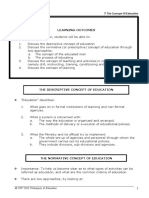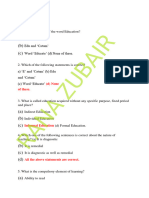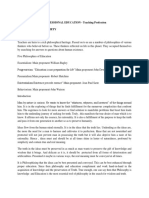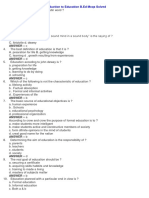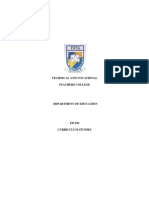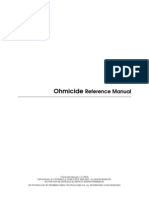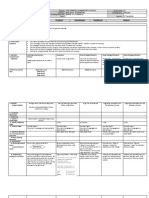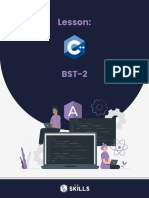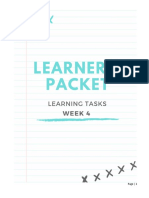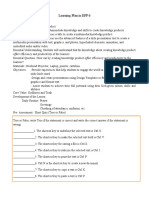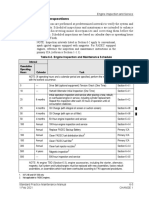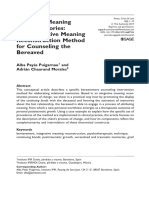0% found this document useful (0 votes)
125 views11 pagesKamza's HFED012 Questions Guide!
HFED012 Questions Guide
Uploaded by
kamogelokamogelo600Copyright
© © All Rights Reserved
We take content rights seriously. If you suspect this is your content, claim it here.
Available Formats
Download as PDF, TXT or read online on Scribd
0% found this document useful (0 votes)
125 views11 pagesKamza's HFED012 Questions Guide!
HFED012 Questions Guide
Uploaded by
kamogelokamogelo600Copyright
© © All Rights Reserved
We take content rights seriously. If you suspect this is your content, claim it here.
Available Formats
Download as PDF, TXT or read online on Scribd
/ 11






























